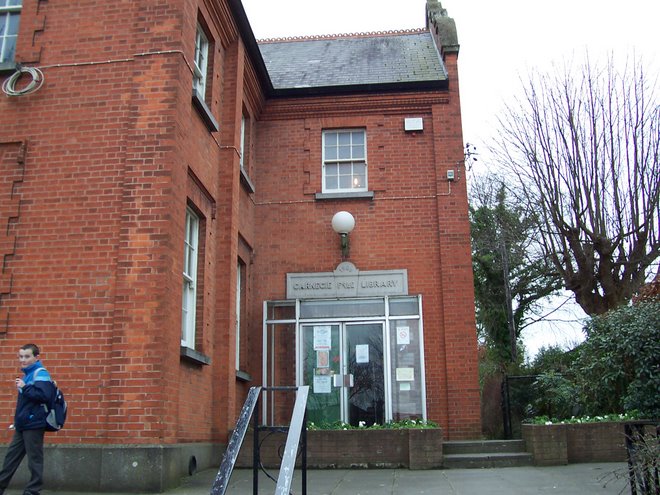Bartoletti, Susan Campbell. BLACK POTATOES: THE STORY OF THE GREAT IRISH FAMINE, 1845-1850. Boston: Houghton Mifflin, 2001.
From the award winning author who brought us GROWING UP IN COAL COUNTRY and KIDS ON STRIKE this is an affecting volume to say the least. The tale is full of emotions, both raw and powerful and first person accounts that one would not find in a textbook. The Census Bureau tells us that 36 million Americans claim Irish heritage which is 9 times the current population of Mother Eireland. Some sources say there are more Irish Americans than any other subgroup in the country. Others say German ancestry is a bit more common or that the 2 countries are very similar in percentage of the U.S. population. Even without that being said there is a real case to be made that the volume should be required reading for students of all ages. One sincerely hesitates to use the word loosely but the Potato Famine is in many ways the Holocaust of the Irish. There was forced labor every hour of daylight, beatings, families separated, and more than anything else starving people everywhere while there was plenty of food available in the land. The book goes a long way in describing the enmity of the Irish and the English and the root causes. In our current economic times the book makes an especially powerful statement. The English thought it was their right to make a profit no matter the consequences and their laissez faire government didn’t believe in intervention. Some of the wealthy Irish landowners seem to have concerred. Bartoletti uses numerous primary sources and traveled to Ireland to do her own research. Almost every double page contains pen/pencil and ink drawings, most taken from the Illustrated London News. Bartoletti is careful to be objective about the causes and consequences of the famine as exidenced in the following quote: “No matter how historians interpret the facts, this truth remains: while people were starving, ships filled with Irish grain and livestock headed to England and other markets.” Bartoletti uses a traditional Irish ballad or blessing to introduce each chapter. Two large and simple dated maps will be useful to school children, teachers, and students of genealogy. The cover by Lisa Diercks is striking. It should come as no surprise that this volume received the Robert F. Siebert medal.
Friday, December 5, 2008
Subscribe to:
Post Comments (Atom)

No comments:
Post a Comment